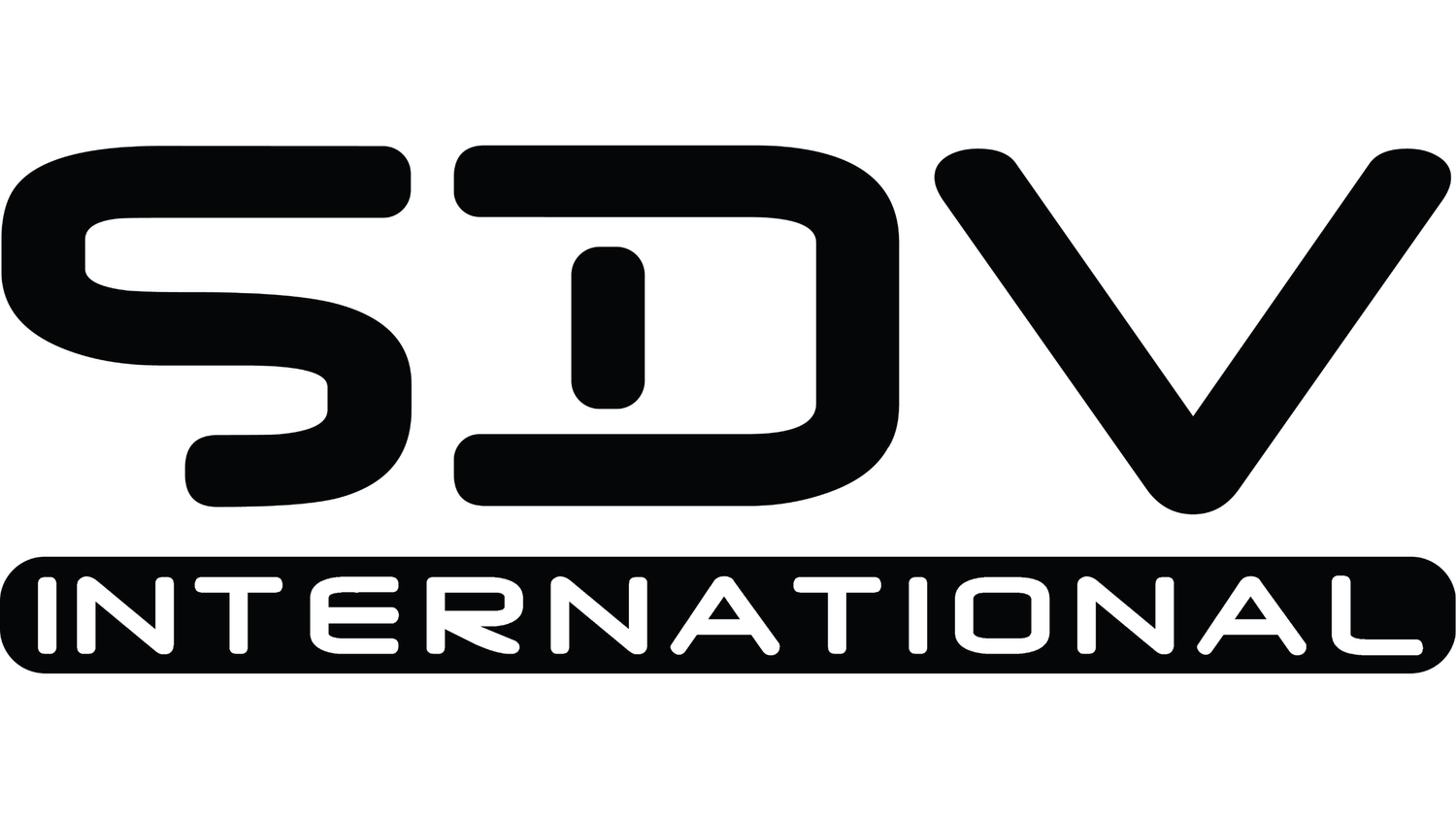By Kim Waiyaboon
Proper health information management (HIM) has become as important to providing good healthcare as any ambulance or X-ray machine. It's a comprehensive system that helps organizations manage and protect all aspects of digital healthcare.
HIM involves the analysis and protection of digital and traditional medical health information that’s vital to providing quality patient care. This information includes electronic records like CT scans, patient records, lab results, and other clinical data in a person's medical history.
The health care industry continues its rapid shift to electronic health records and other health information technologies. The use of electronic health records was mandated in 2009 by the Centers for Medicare and Medicaid Services and the Office of the National Coordinator for Health IT. Since then, health care professionals have been tasked with transitioning entirely to digital records.
But the internet has changed quite a bit since the mandate was put in place. The proliferation of technology can be seen in every aspect of healthcare. This includes "digital healthcare" in which physicians can securely engage with patients online. The resulting explosion in data has healthcare providers scrambling to make sure patient data and electronic health records are securely stored and protected.
Why you need to prioritize health information management
Health information technicians combine business, science, and information technology to keep vital patient information organized, updated, and secure. With a good HIM system and a trusted manager, healthcare organizations can achieve that while making sure that records are accessible to the healthcare professionals who need them. Here are some important reasons why health information technology needs to be among healthcare providers' top priorities.
Privacy: User privileges need to be secure
To maintain confidentiality, only authorized individuals should have access to sensitive information. The user's access is based on pre-determined, role-based privileges. Assigning user privileges is a critical aspect of medical record security. All users should have access to the information they need to do their jobs and fulfill their responsibilities. They also must be held accountable for using or misusing the information they view and change. Health information management can help manage and track who accesses or changes info and records. It can also track when and how they modified it.
Security: Prevent breaches with health information management
Another potential threat to data can be hacking, manipulation, or destruction by internal or external users. According to HIPAA's February 2022 Healthcare Data Breach Report, from March 1, 2021, to February 28, 2022, at least 42 million healthcare records were exposed to unauthorized individuals. In February 2022, 39 out of 46 of the month's data breaches were hacking/IT incidents. The majority were caused by unauthorized individuals who hacked into networks and viewed or stole sensitive data. SDV INTERNATIONAL’s president, Jason Roys has published articles on similar attacks to adjacent critical insfrasctructure.
Firewalls, antivirus software, and intrusion detection software help protect data integrity. Comprehensive security programs and audit trails are used to maintain data integrity, identify security weaknesses, and evaluate risk.
In general, a robust health information system can help identify security weaknesses and threats, evaluate risk, and address security concerns. However, healthcare organizations sometimes find that they lack the staffing to handle those issues. They routinely hire consultants specializing in health information management to tighten security and protect digital info.
Integrity and availability: HIM boost capacity
A digital system's integrity assures that data is accurate and has not been changed. This is important because information providers frequently exchange patient health information. Data routinely is gathered and used in many systems internally throughout an organization. It also is exchanged between a provider and external systems, like insurance companies and government agencies.
Data can also travel across systems of care in ambulatory practices, hospitals, rehabilitation centers, and any other medical institution. This data can be manipulated purposefully or accidentally as it moves between and among systems. Documentation errors lead to poor data integrity and bad health outcomes.
For example, suppose a medical professional unintentionally records a pulse as 37 instead of 73. Catching this mistake in a (manual) traditional medical information system was nearly impossible. Proper digital health information management tools can alert medical professionals that someone entered an abnormal result.
How a consultant can help with health information management
Health information managers' knowledge about data quality equips them to maintain the integrity and accessibility of healthcare organizations' records. However, HIM professionals may not necessarily have the specialized skills to support the technical operations of a health information system. A technology consultant who specializes in health informatics, medical coding, and cloud technology can be helpful in healthcare information management. Consultants can help monitor for potential fraud and info abuse, form compliance plans, and evaluate the billing process and documentation.
Consulting firms can also audit current systems. They work with health information professionals to implement, monitor, and refine software. The health sector now relies on computer programming to keep medical health information organized, safe, and easily accessed by the right people. Many kinds of businesses, from hospitals to government agencies, need customized technology and training.
Consultants can also provide project-specific support to meet a particular goal in the healthcare delivery cycle. Healthcare information consultants can focus on specific areas such as pre-sales consulting, business process analysis, implementation, or change management.
Prioritize data management
SDV International can help businesses, federal health agencies, and contractors find the right technology and systems for health information management. Many government agencies and private-sector enterprises have found the answers they need at SDV International. Call them to see how they can help your business prioritize health information management.

